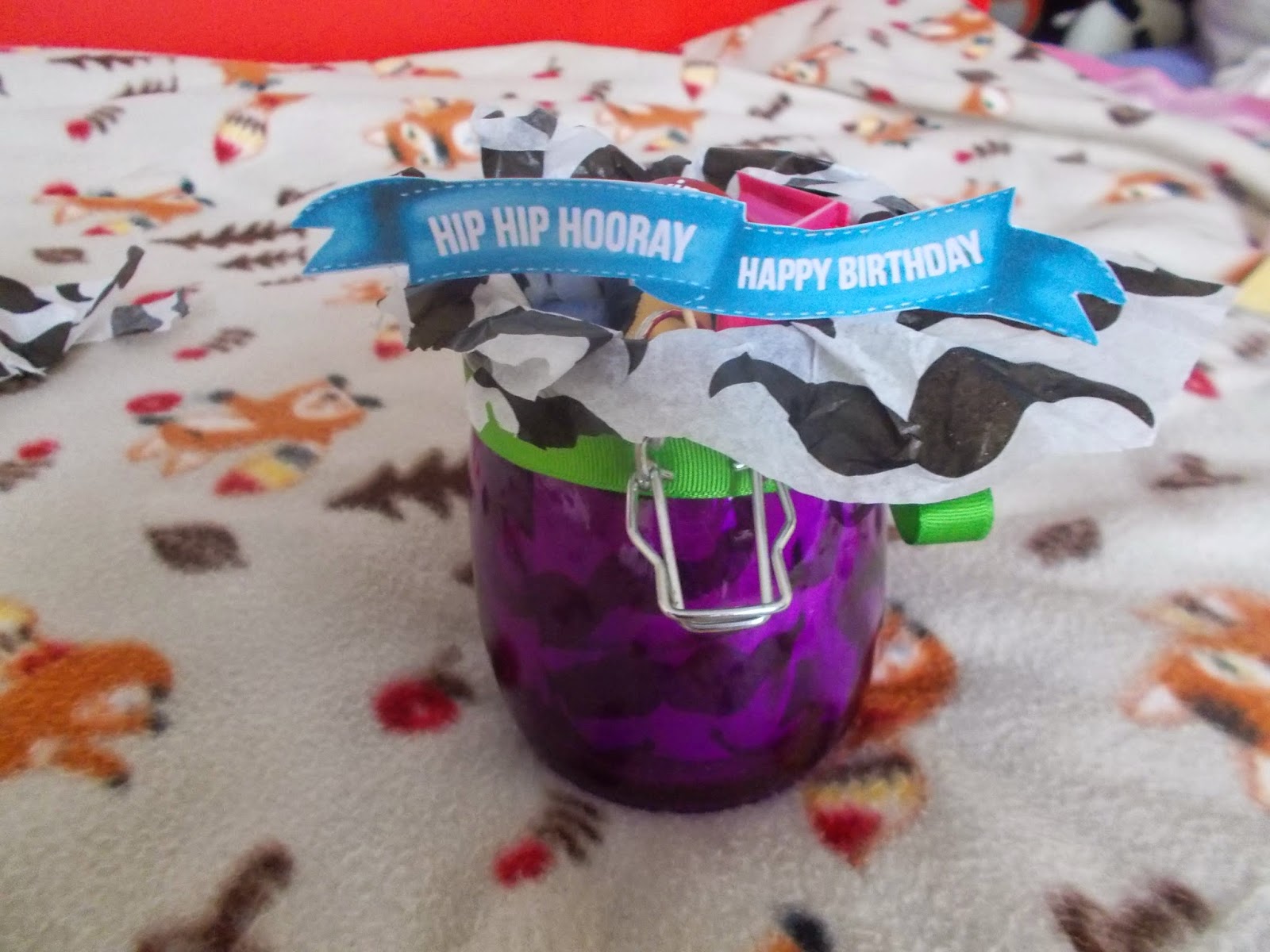Recovery is all about the little things.
Over the years I have had to find little ways of coping with
my Depression; my mood swings, my anxiety, my stress.
I’ve already written about the relief I’ve found from
crafting, scrapbooking and being creative. When I was in secondary school I
wrote little poems and verses. Now, I blog.
But there are also a lot of other little things I have found
helpful for me throughout the years.
Self-help books
I never thought I would try self-help books. In my head I thought
they were cheesy and ‘hippy’. But I happened to be in the Dublin Airport Easons a couple of years ago and I saw a
book on the week’s Best-sellers list that I knew I had to have.
A few weeks later I finally bought Tony Bates’ ‘Coming
Through Depression’. Very simply, the book helped me to better understand my
mental illness. I never fully embraced the chapters on mindfulness and I
glossed over the little tasks that the book set for readers. Nonetheless, I
found comfort in how a book by a leading psychiatrist could so perfectly
describe how I had been feeling.
‘Shoot The Damn Dog’ by Sally Brampton is a memoir of living
with Depression by a British journalist. It’s not a self-help book, but I
decided to add it into this section as it’s the only memoir like this I have
read. The book is heartbreakingly honest, and often when reading it I found
myself in tears over how relatable every emotion, every anxiety she felt was. Again,
it was comforting to realise that I was not alone; that other people had felt the
way I was feeling, and if they could get better, so too could I.
This year I bought ‘The Feeling Good Handbook’ by Dr. David
Burns. It’s a massive, massive book (and having read Ulysses in under a week I don’t use the word ‘massive’ lightly). Dr. Burns uses CBT (Cognitive Behavioural Therapy) Techniques, which I had briefly tried before and found particularly helpful. The book also includes exercises and
techniques to help you deal with distorted thinking etc. The book encourages
you to track your mood and helps you to identify triggers. I had never fully welcomed
a book like this before. For once, I did the exercises, but more than that I
started applying them. I began to
recognise the different types of distortive thoughts I was having and challenging
them; such as discounting the positive and only focusing on the negative things
that were said to me.
I mentioned the book was massive right? It’s pretty much a
text book. Months later and I’m still not even half-way through it. Partly this
is because I’ve abandoned it while I put into practice what I’ve already
learned from it. When I’m ready to move on and learn more, I’ll get back into
the book.
Book of Gratitude
I always end up getting more than one Diary around Christmas
time. Whether it be as presents, or I find the perfect one and buy it myself,
there is always an abundance of them in my house. This year I had my own
academic diary, but I also received a 2014 diary as a present. So on New Year’s
Day I decided to use one of them as a little Book of Gratitude.
I am always upset to look back at how ungrateful I can be
when I’m down. Being depressed can make you self-obsessed in some ways; you
look only at the NEGATIVES, YOUR failures, the world is out to get YOU...
So since January 1st I have taken time out every
day to write down one thing that I’m thankful for. There have been a couple of
bad days where I couldn’t think of anything to write, or a few times where I
just completely forgot – and they’ve
been left blank. But every other day I have found something, no matter how big
or small, to be grateful for. For example, last week while I was sick I was
grateful for the hour long nap I got on the couch.
Finding one positive among a world of negative thoughts can
be difficult, and there are times when I couldn’t. But this book is powerful. I
read back through it and smile at the little things that bring me joy. And I am really excited to be able to look
back at it all at the end of the year.
These are but a sample of what works for me when I’m down.
In future blog posts I’ll be elaborating on some more of them such as:
Exercise
Mindfulness
Music
An important part of recovery is to find what works for you.
I’m a bit messed up, but there are a lot of little things I can do to find
relief.






















